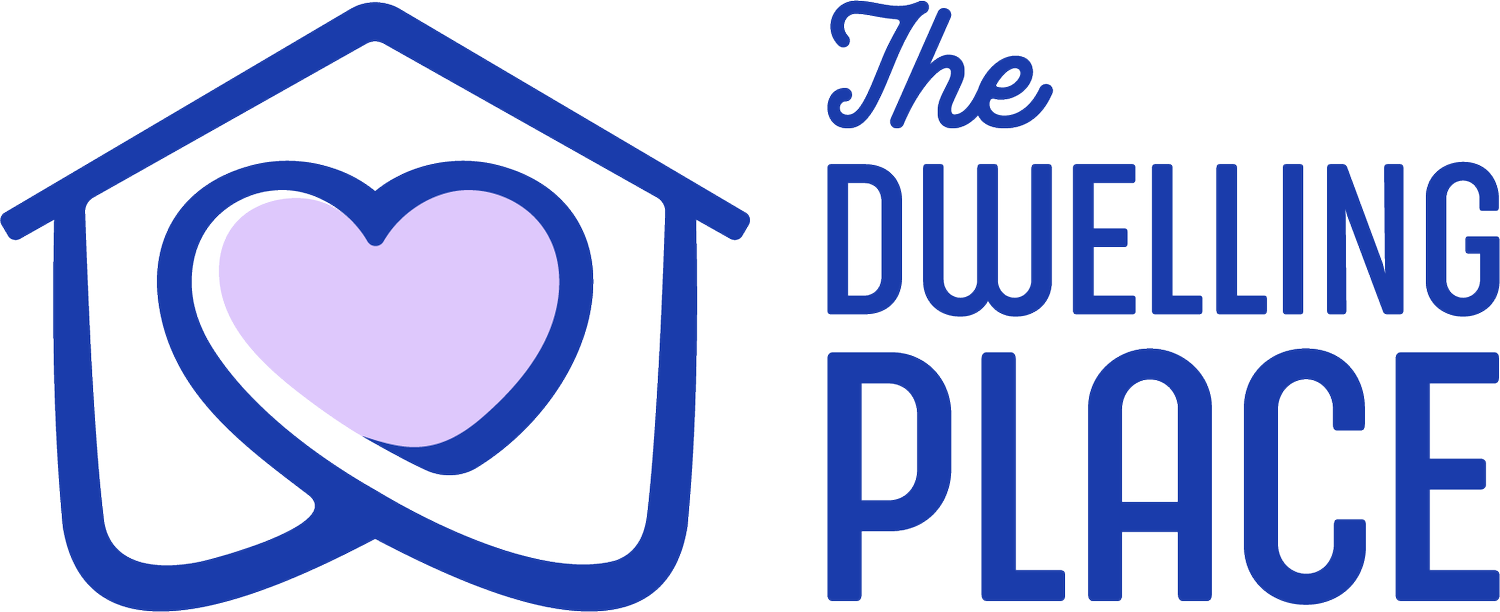Make an
ESCAPE
Plan
What is an Escape Plan or Safety Plan?
A safety plan is a detailed plan of action that can help lower your risk of being hurt by your partner. If your safety is at risk, create a plan to keep yourself safe and find the support you need. You know your situation better than anyone else; trust your judgment and weigh your options before taking any steps.
The decision to leave your partner is a tough one. For many people, the break up is the most dangerous time in an abusive relationship. Emotions are running high and your partner might become angry, even violent, when they learn they are losing control. Now, more than ever, it is important that you find support. You have the right to a violence-free relationship. No matter what your partner says, abuse is NOT your fault.

-
1.
If you don’t feel safe, don’t break up in person. If you decide to break up in person, do it in a public place and ask someone you trust to be nearby in case you need them.
-
2.
Think independently and trust your instincts. Don't let anyone talk you into doing something that's not right for you.
-
3.
If you live with your partner, try to establish and maintain a regular routine. Leave your home regularly during the day, whether you go to school, work, or the store. This could help you leave without drawing attention to yourself.
-
4.
Practice your escape. Know which doors, windows, elevator, or stairs would be best.
-
5.
Have a packed bag ready. Hide it in a place that you can get to quickly.
-
6.
Learn the best route to get to a safe location. If you have a car, keep your gas tank full and if you rely on public transportation, learn which buses, trains, or subways will get you to safety.
-
7.
Have a “code word” to use with your children, family, friends, and neighbors. Ask them to call the police when you say that word, if you feel comfortable involving law enforcement.
What do I need to take with me?
It is important to be prepared. Have a packed bag ready. Hide it in a place that you can get to quickly. Try to plan ahead and have these items available in case you have to flee:

-
Important Paperwork
Birth certificates, social security cards, passports
Driver’s licenses, car title, lease or mortgage papers
Insurance information
School and health records, welfare and immigration documents
-
Legal Documents
such as:
A restraining order
Marriage license
Divorce or other court documents
-
Forms of Payment
Cash
Credit cards
Bank account numbers
ATM cards
-
Keys
-
Medications & Prescriptions
-
Phone Numbers & Addresses
For family, friends, doctors, lawyers, and community agencies
-
A change of clothes and comfort items for you and the children
Healing after the abuse
An abusive relationship can take a huge toll on your mental and physical health. Your partner has probably become a big part of your life; you might miss him or feel lonely and sad after the break-up. Confide in someone you trust to support you while you adjust.
Citations:
The Center for Relationship Abuse Awareness Education & Action, https://stoprelationshipabuse.org/
National Domestic Violence Hotline, https://www.thehotline.org/
Futures Without Violence, http://www.futureswithoutviolence.org
Empower yourself with knowledge.
-
Help! How do I get out of an abusive relationship?
→

-
Is it abuse? Educate yourself on domestic violence & abuse
→

-
Local resources for basic needs
→

-
Learn about our resident program
→









